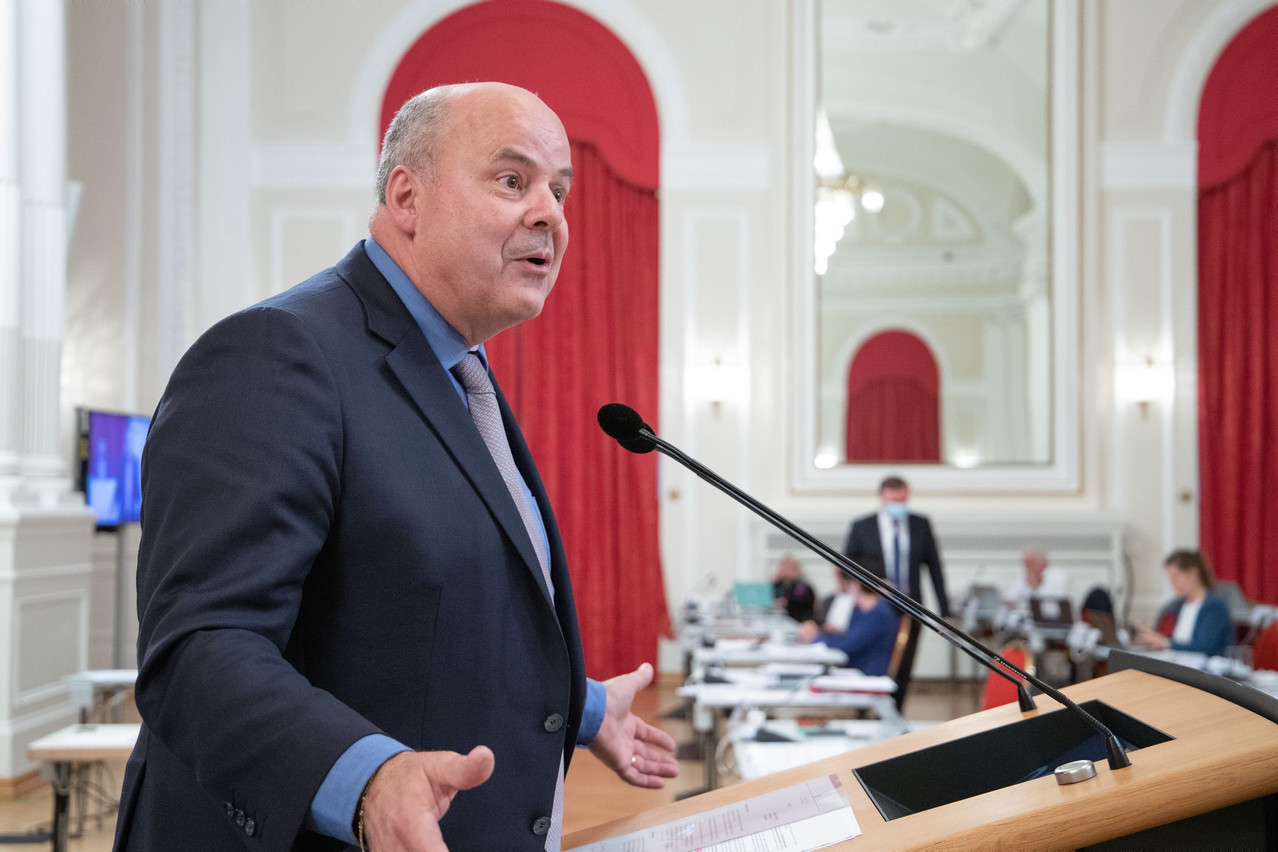The DP which is in charge of the ministry for family affairs defends a coherent policy in line with the coalition agreement.
No agreement was reached between the DP and the CSV on the reindexation of family benefits during the Tuesday morning meeting of the family and integration committee. The division in opinions highlights previous disagreements between the two parties.
The majority party, as foreseen in its coalition agreement, wants to reindex family benefits on 1 January 2022 with bill 7828. But it does not want to consider bill 7788 of deputy Marc Spautz (CSV), which calls for this reindexation to take place earlier and to be retroactive as of 2019.
This proposal could hardly find the approval of the majority, as the coalition agreement provides that “at the end of the legislature, the indexation of family benefits will be reintroduced without retroactive payments.”
Political opposition
MP Marc Spautz argues that as wage indexation is envisaged by the end of the year, a reindexation of benefits in 2022, rather than 1 January 2019, would result in a virtual loss of purchasing power of an additional 2.5% for recipients.
Above all, according to him, this is a political opposition of pure principle on the part of the DP. "When Gilles Roth (CSV) makes a proposal to justice minister, Sam Tanson (déi Gréng), she accepts it. When Michel Wolter (CSV) makes a proposal to the health minister, Paulette Lenert (LSAP), she partially accepts it. But not the minister for family affairs, Corinne Cahen (DP). It is only the DP ministers who systematically refuse our proposals,” he says.
"This is not true at all," replied the chairman of the family and integration committee, Max Hahn (DP), who said that the majority's position was not political. "The government's position is to grant benefits in kind before cash benefits,” and therefore to save money by de-indexing family benefits in order to finance benefits in kind. The de-indexation of family allowances dates back to 2006 for the same reasons (under a CSV-LSAP government).

Max Hahn (DP) believes that the majority's policy on family benefits is consistent. (House of Representatives/Flickr)
A coherent policy
Max Hahn mentioned the free school supervision of 20 hours per week voted in 2017, the free school books in 2018 or the generalisation of free public transport for pupils in 2016, as examples of benefits in kind,
Furthermore, "if the benefits are in cash, we want them to be directed towards the families who need them most,” explains Max Hahn, citing as examples the social inclusion income (Revis), which is more important for single-parent families, the cost-of-living allowance, which was doubled in 2020, or the increase of the social minimum wage. A package of measures that illustrates the coherence of the government's policy in this area, according to the DP MP.
Once the report on the bill has been delivered, the debates will continue in the plenary session of the House.
This article in French on Paperjam.lu. It has been translated and edited for Delano.lu
